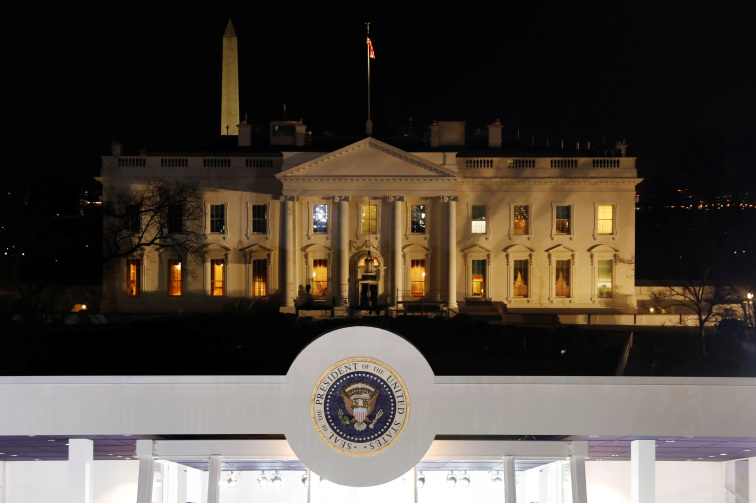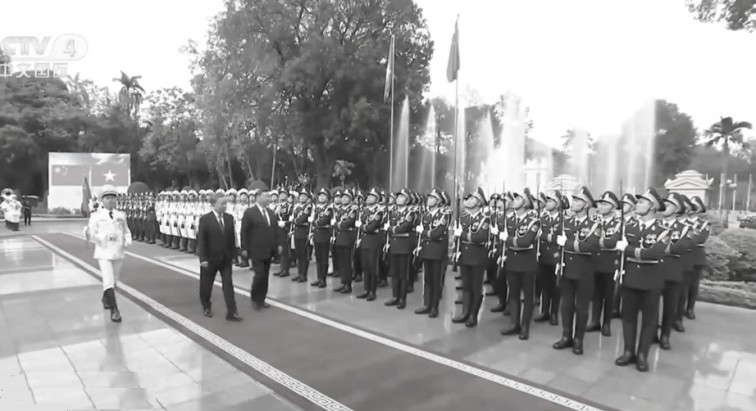(The Center Square) — A federal district court issued a preliminary injunction against the Trump administration’s attempt to block further disbursement of $5 billion set aside by Congress in 2021 for taxpayer-funded electric vehicle charging stations.
The majority of the plaintiffs — 16 states plus the District of Columbia — had still not completed a single charger funded by the program over the past four years.
The order excluded National Electric Vehicle Infrastructure charger funding for Minnesota, Vermont and the District of Columbia from the order, finding they had not submitted required documentation.
The ruling says that because the funding is allocated according to the federal highway funding formula, and was expressly funded by Congress, that the distribution of money for already-approved plans must proceed.
“The Court finds that, in effectively suspending the NEVI Formula Program, Defendants have overstepped their Constitutional and statutory authority and have attempted to override the express will of Congress,” wrote U.S. District Judge Tana Lin.
The judge also noted the Trump administration is likely to make nationwide changes to disbursement criteria moving forward, consistent with earlier administrations.
“Given that the injunctive relief here will likely be rendered moot once Defendants follow through on their stated intention to issue new NEVI Formula Program guidance that comports with the current administration’s policies, and states submit their new state deployment plans, the Court is not overly concerned that certain Plaintiff States’ deployment plans will for the near-term future be active, while other states’ deployment plans will remain revoked,” continued Lin. “Presumably, Defendants will issue new NEVI Formula Program guidance, at which point all states, plus the District of Columbia, will be required to submit updated State Plans, just as they were required to do under the former administration.”
Lin issued a seven-day stay with the injunction, giving Trump administration time to file an appeal with the Ninth Circuit.
As covered earlier by The Center Square, the majority of the coalition that filed the lawsuit, including lawsuit leaders California and Washington, has failed to build any chargers using the $3.3 billion in awarded funds over the past four fiscal years. With $3.3 billion awarded, $1.7 billion in funding remains to be allocated, and could be impacted by changes to program guidelines from the Trump administration.
Of the 44 states and territories that had solicited NEVI funding applications, 38 have been issued funding — only 16 of which have at least one operational station.
EV charging speeds have been rapidly increasing in recent years, putting the efficiency of spending limited taxpayer funds on quickly changing technology into question.
In 2019, over half the nation’s “fast” chargers put out less than 50 kilowatts. In 2021, the plurality of fast chargers put out between 150kw and 249 kw. By 2023, nearly half of the nation’s chargers put out between 250kw and 349kw, with the even faster chargers putting out 350kw or more growing 39% over the previous quarter.
To put that into perspective, a Tesla Model 3 with a 60 kilowatt-hour battery takes eight to 12 hours to charge at 240-volt-outlet-powered charger, 40 minutes to reach 80% at a 150kw charger and 20 minutes on a 250kw charger.
Should charging and battery technology continue to advance at this rapid pace, recharging could soon rival two-minute gas tank fill-ups in speed, rendering older, slower chargers obsolete.









News magazine bootstrap themes!
I like this themes, fast loading and look profesional
Thank you Carlos!
You're welcome!
Please support me with give positive rating!
Yes Sure!